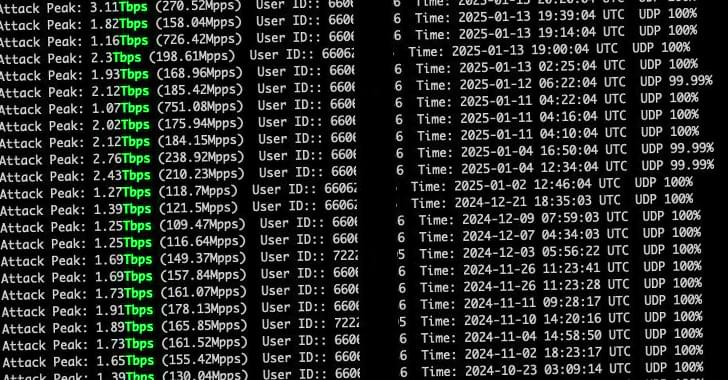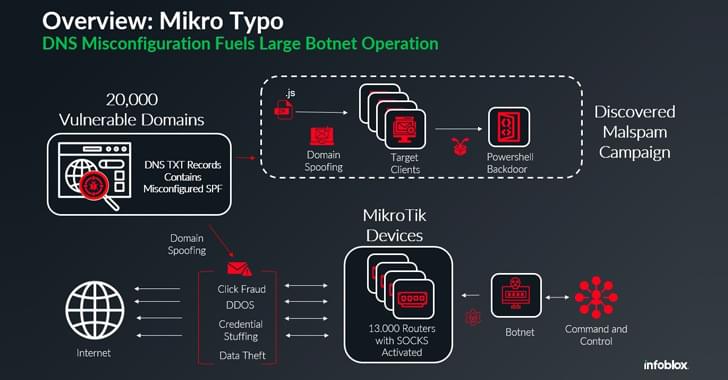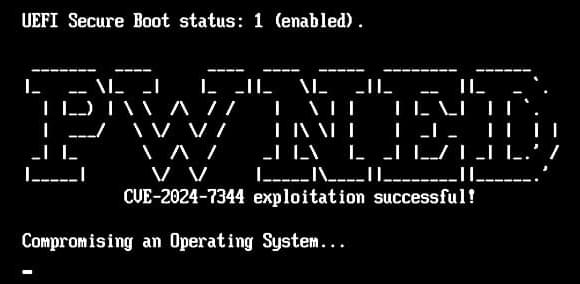Hackers are distributing close to 1,000 web pages mimicking Reddit and the WeTransfer file sharing service that lead to downloading the Lumma Stealer malware.
On the fake pages, the threat actor is abusing the Reddit brand by showing a fake discussion thread on a specific topic. The thread creator asks for help to download a specific tool, another user offers to help by uploading it to WeTransfer and sharing the link, and a third thanks him to make everything appear legitimate.
Unsuspecting victims clicking on the link are taken to a fake WeTransfer site that mimicks the interface of the popular file-sharing service. The ‘Download’ button leads to the Lumma Stealer payload hosted on “weighcobbweo[.]top.”








